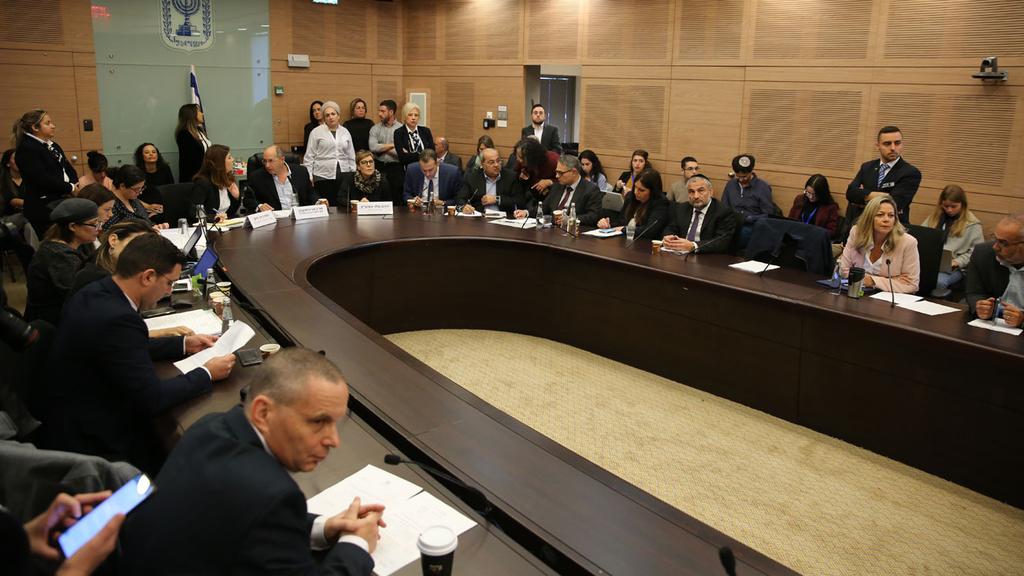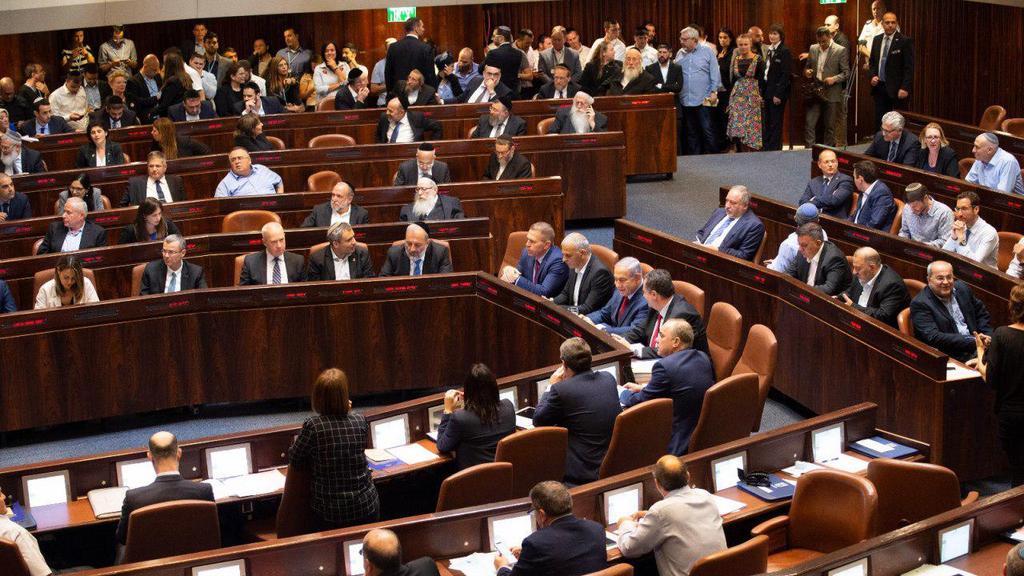Getting your Trinity Audio player ready...
Barring any last-minute dramatic agreements, the 22nd Knesset will disperse Wednesday midnight, sending Israel into an unprecedented third round of elections within 12 months.
The period leading to up to this situation involves several steps and possible scenarios.
In accordance with the Basic Law: The Knesset, elections in Israel take place 90 days after the Knesset's dispersal. The vote customarily takes place on the first or third Tuesday of the month.
The law, however, does allow the Knesset to bring Election Day forward to an earlier date, if a 61-MK majority votes for it.
Likud and Blue and White agreed Tuesday that if they go ahead, the elections would take place on March 2, which is a Monday, but the law does permit the day to be changed should it coincide with any national holidays or important events. March 3 is Israel's memorial day for fallen soldiers whose burial place is unknown.
Meanwhile, the Knesset Arrangements Committee on Wednesday morning approved the speedy submission of the bill to call elections by the end of the day.
The legislation has three readings in the plenum as all other bills. After the first reading, the bill returns to the committee for further debate and will be sent back to the Knesset for the final two readings, all on the same day.
Following the final third vote, the Knesset will disperse until after the elections.
In practice, Thursday morning will launch the campaign season.
Throughout this period, the caretaker government will remain in power and so will the current MKs.
The Knesset committees will not meet during this period (although none have been formed due to the political situation), and no new legislation or initiatives will be discussed.
3 View gallery


Benjamin Netanyahu, Benny Gantz and Reuven Rivlin meet for ultimately futile coalition negotiations after the September elections
(Photo: GPO)
One possible scenario that might happen Wednesday, is that either Prime Minister Benjamin Netanyahu or Blue and White leader Benny Gantz managed to muster 61 MKs to back an additional 14 days to attempt to form a coalition government.
Such a scenario does not promise that a government will be formed but does give more time for further attempts to do so.
Another possible scenario is that some sort of a government outline is agreed upon, which then results in a fresh 14-day period to hammer out the necessary agreements regarding ministerial positions, parliamentary and executive roles and other terms of the coalition deal.



